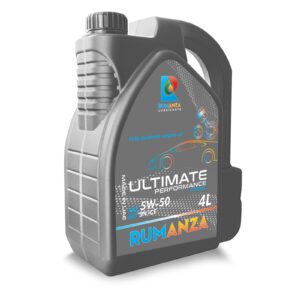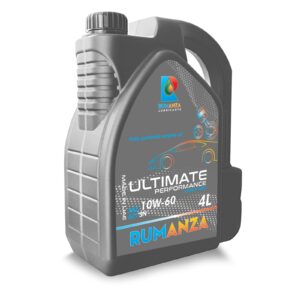Rumanza viscosity index improver is a proprietary additive that works by creating a complex network of molecules within the lubricant. These molecules are designed to thicken the oil at high temperatures, maintaining its viscosity and ensuring proper lubrication. This unique molecular structure enables Rumanza VII to achieve several benefits, including maintaining lubricant viscosity at high temperatures, reducing oil consumption, improving fuel efficiency, extending engine life, and enhancing overall engine performance.
At lower temperatures, viscosity index improvers help to prevent the lubricant from becoming too thick, ensuring it flows smoothly. At higher temperatures, the improvers help prevent the lubricant from thinning too much. VIIs achieve this by altering the molecular structure of the lubricant. They typically consist of large, long-chain molecules that contract in cooler temperatures and expand in warmer conditions, thereby improving the oil’s viscosity.


















